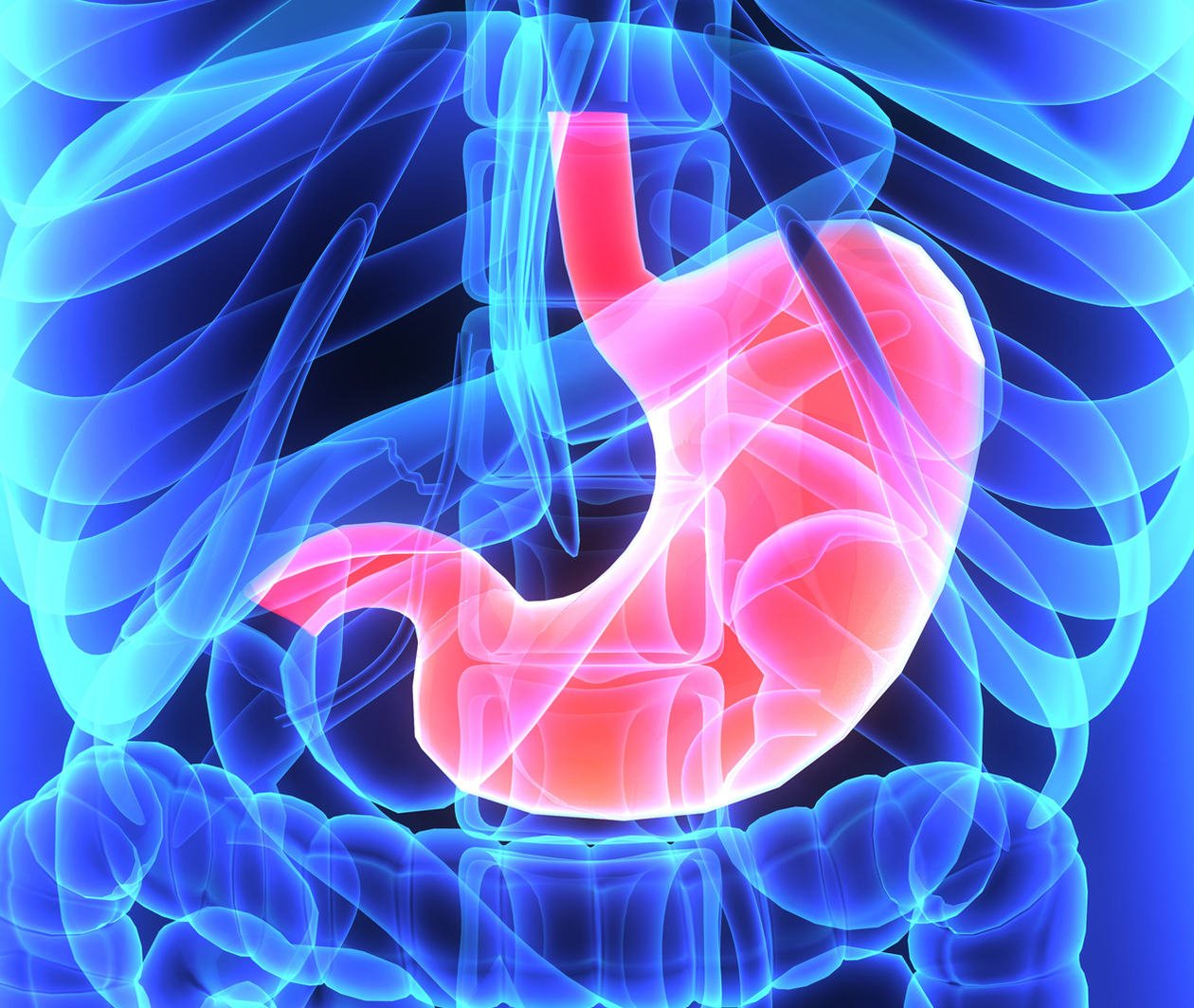
Duration
2 weeksWeekly study
3 hours
Improving Management of IBS: Best Current Practice in Diagnosis and Treatment
Other courses you might like
This course isn't running right now. We can email you when it starts again, or check out these other courses you might like.
Browse more in Healthcare & Medicine
IBS can be challenging to diagnosis and manage. This course is an update for those in healthcare whose work involves diagnosis and treatment of Irritable Bowel Syndrome (IBS).
Improve your recognition of IBS
On this course you’ll learn about how IBS is diagnosed, and improve your recognition of the syndrome. You’ll learn more about clinical assessment of IBS and the most cost-effective use of diagnostics. We’ll also examine the the role of faecal calprotectin levels in diagnosing IBS.
Understand the variety of IBS treatments
Throughout the course we’ll review a range of new, old and borrowed treatments - from dietary to psychological therapies, and practical symptom-based pathways.
The course will look at dietary and lifestyle measures, and analyse how effective and/or practical dietary intervention is - with particular focus on the FODMAP diet. We’ll discuss knowing who to refer, and when to refer - and whether there are particular patient groups to focus on with new drugs.
Learn from experts in the field
This course has been created by BMJ and the lead educator is Dr Anton Emmanuel, consultant gastroenterologist, and editor of Frontline Gastroenterology.
BMJ Learning offers high-quality continuing medical education for doctors and other healthcare professionals. The BMJ (formerly the British Medical Journal) is an international peer reviewed medical journal and a fully online first publication. Frontline Gastroenterology publishes articles that accelerate adoption of innovative and best practice in the fields of gastroenterology and hepatology. Gut, another journal from BMJ, is a leading international journal in gastroenterology and has an established reputation for publishing first class clinical research of the alimentary tract, the liver, biliary tree and pancreas.
What topics will you cover?
- The clinical approach to the person with functional disorders such as Irritable Bowel Syndrome
- The role of investigations in the person presenting with possible IBS to primary care, and the evidence and guidelines to support them
- The Rome IV diagnostic criteria for IBS
- The lifestyle management of IBS
- The pharmacological and psychological management of IBS
Learning on this course
On every step of the course you can meet other learners, share your ideas and join in with active discussions in the comments.
What will you achieve?
By the end of the course, you‘ll be able to...
- Describe the presentation and diagnosis of people with IBS.
- Explain the potential role of specialised tests such as faecal calprotectin and antiendomysial antibodies in the investigation of a person with apparent IBS.
- Reflect on the current NICE and British Society of Gastroenterology guidance for the management of people with IBS.
- Debate the practical approach to the person with IBS in primary care.
- Solve clinical case problems in the investigation and management of people with IBS.
Who is the course for?
This course has been created for people working in healthcare, to help them improve their professional development, and for those who have experience of IBS. A working knowledge of gastroenterology and IBS will be useful.
Who will you learn with?
I am a neurogastroenterologist in University College and Queen Square, London. I believe that patients with IBS are a potentially exciting group to work with, based on following first principles.
Learning on FutureLearn
Your learning, your rules
- Courses are split into weeks, activities, and steps to help you keep track of your learning
- Learn through a mix of bite-sized videos, long- and short-form articles, audio, and practical activities
- Stay motivated by using the Progress page to keep track of your step completion and assessment scores
Join a global classroom
- Experience the power of social learning, and get inspired by an international network of learners
- Share ideas with your peers and course educators on every step of the course
- Join the conversation by reading, @ing, liking, bookmarking, and replying to comments from others
Map your progress
- As you work through the course, use notifications and the Progress page to guide your learning
- Whenever you’re ready, mark each step as complete, you’re in control
- Complete 90% of course steps and all of the assessments to earn your certificate
Want to know more about learning on FutureLearn? Using FutureLearn
Do you know someone who'd love this course? Tell them about it...
You can use the hashtag #FLmanagingIBS to talk about this course on social media.
